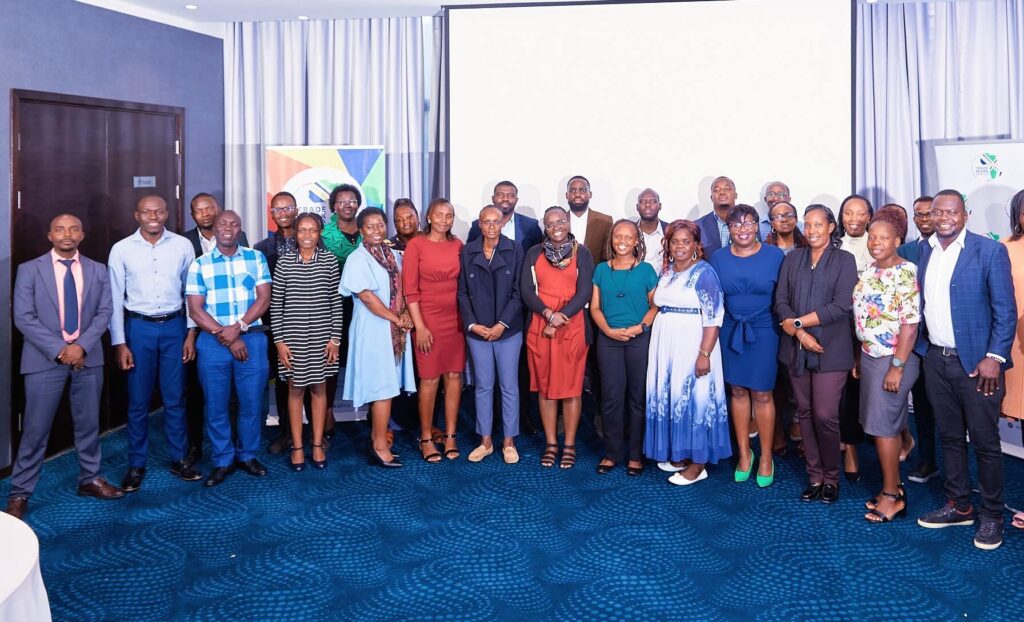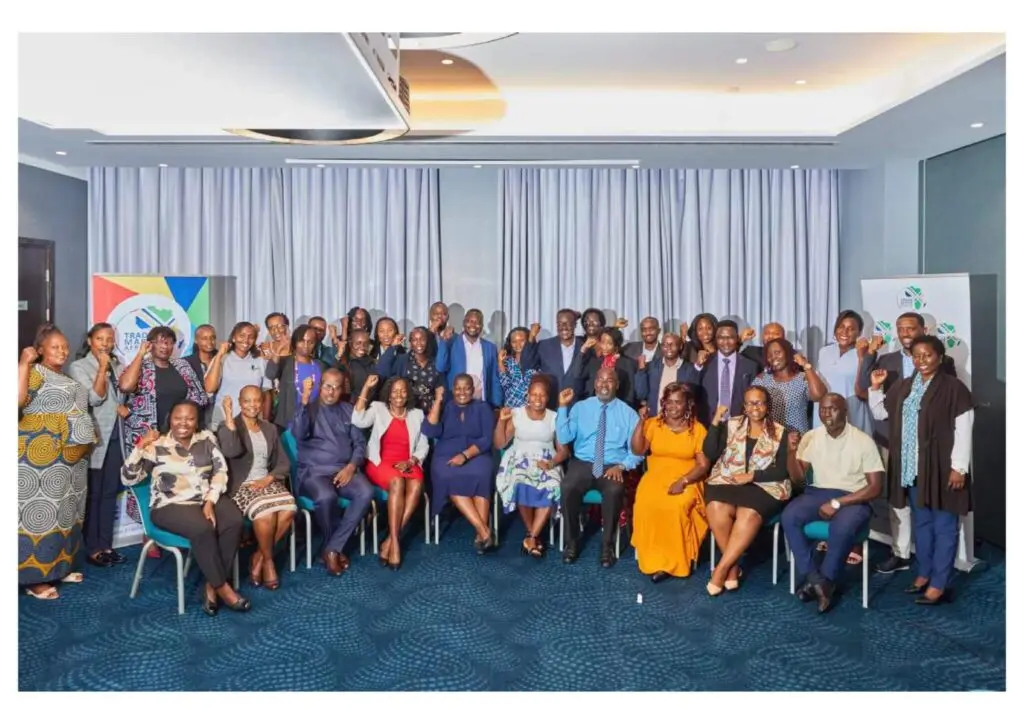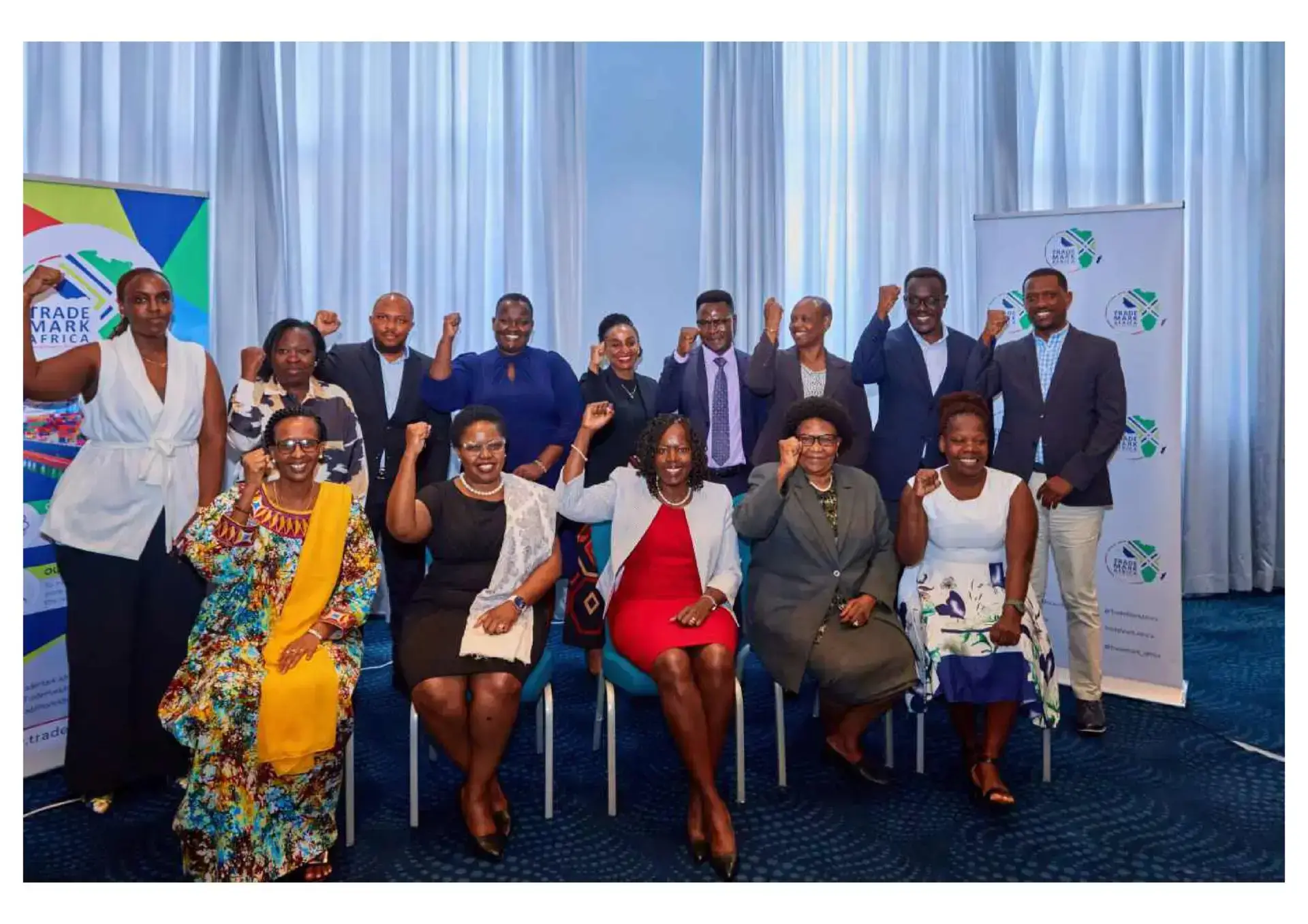Over the past six years, the Making Trade Work for Women in East Africa programme has significantly transformed cross-border trade practices, expanded market access, and improved the livelihoods of tens of thousands of women traders. Recently, stakeholders from across the region gathered for a two-day close-out workshop to reflect on the programme’s accomplishments, consolidate the lessons learned, and explore strategies to sustain and amplify its impact throughout the continent.
Cross-border trade has historically been a vital source of income for women in East Africa. However, they have faced numerous systemic barriers that have hindered their ability to fully benefit from this sector. An independent endline evaluation report highlighted the programme’s success in enabling over 50,000 women to transition from informal to formal trade. This was achieved through facilitating collective trading within formal associations, advocating for supportive policies and practices, providing access to essential trade and market information, and developing their business management and networking capabilities. As a result, the average monthly trade value for participating women increased by 23%, rising from $308 in 2018 to $380 in 2023. Notably, women who formalised their businesses experienced a 33% increase in trade value, and 78% reported greater confidence and enhanced decision-making power.
One aspect of the programme was the establishment of resource centres at border crossings. These centres serve as vital hubs, offering critical information, facilitating coordination with border agencies, and providing assistance to traders facing harassment. Furthermore, tele-support services were made available to traders located far from border areas. The independent end evaluation survey indicated a significant 34% reduction in incidents of gender-based violence experienced by women traders.

The programme also ensured the inclusion of traders with physical disabilities. These individuals were empowered to form an association, enabling them to transition from being primarily transporters of goods to becoming independent traders. This resulted in increased recognition and a 20% growth in their trade revenue.
Digital transformation was another significant achievement of the programme, driven by the iSOKO information platform. This platform has revolutionised how women traders conduct their businesses. Before its introduction, women often faced exclusion from formal trade networks and had limited access to crucial trade information. Today, over 90,000 traders are registered on the iSOKO platform, where they can connect with buyers, access business support services, obtain trading and market information, and expand their businesses. Impressively, 73% of users report improved market access, and 19% have experienced increased sales. The platform now hosts 15,000 products and 2,000 services, creating a thriving digital marketplace for small-scale traders.
Allen Asiimwe, TMA Deputy CEO and Chief of Programmes, emphasised the importance of investing in women, stating, “Investing in women is not just a social imperative but it is an economic necessity. The Making Trade Work for Women in East Africa Programme has demonstrated that targeted and evidence-based interventions can dismantle systemic barriers and catalyse lasting economic transformation. TradeMark Africa remains committed to equipping women traders to thrive in an increasingly dynamic global economy. To sustain and scale this impact, we must embed inclusive trade solutions within national and regional frameworks and adopt innovative financing mechanism including grant-based approaches that build resilience, scale their businesses, and contribute meaningfully to Africa’s economic growth.’’

Ensuring the long-term sustainability of iSOKO requires establishing strong private sector partnerships, integrating the platform into existing policy frameworks, and providing ongoing digital capacity-building. Further enhancing the platform’s features to better align with the needs of traders, integrating mobile payment systems, and expanding access to micro-financing solutions will further increase financial inclusion and economic participation. Extending the reach of iSOKO beyond East Africa has the potential to unlock new structured trade opportunities and create more resilient markets for women traders.
The conclusion of this programme signifies not an end, but rather the commencement of a new phase in empowering women in trade. Strengthening and expanding its established structures will be crucial in ensuring that women’s economic empowerment remains a central focus of regional trade development across the continent.


